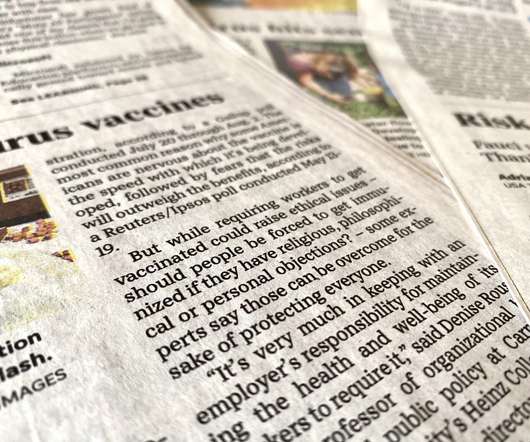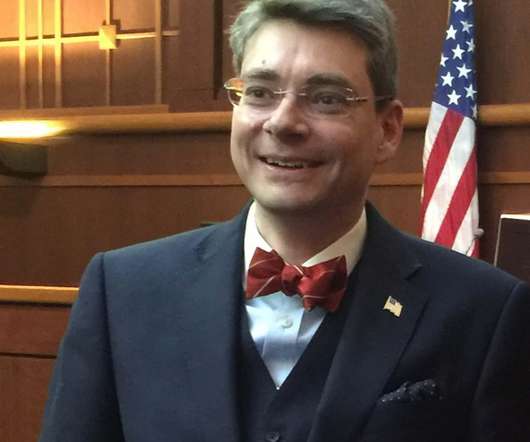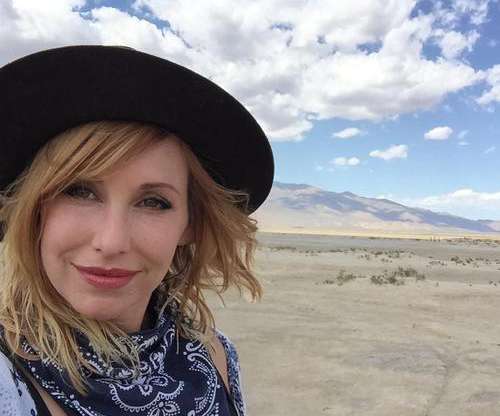Teaching and reading literature in the digital age
Neo LMS
MARCH 26, 2019
In trying to discover the true cognitive, emotional or social benefits of reading literature I came across some dicey commentary (which I shall not reward with a backlink here) and research linking reading with well-being etc. NEA, Reading at Risk , 2002. in their lists. Adult Population Reading Literature. Not really.



























Let's personalize your content